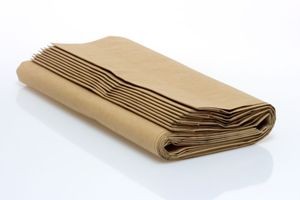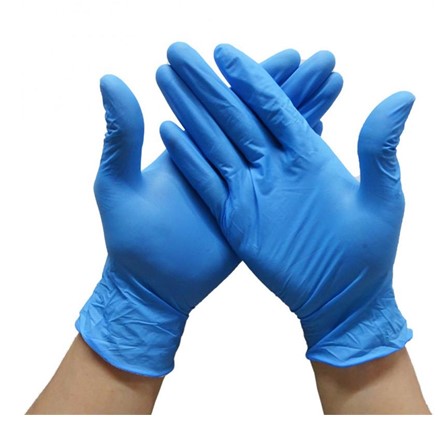Leonchik after visiting the refugee camp: the situation at the border is not improving

November 10, Minsk. The situation on the Belarusian-Polish border is not improving, Tamara Leonchik, chairman of the primary organization of the Belarusian Union of Women of the Council of the Republic, told reporters following the results of the migration situation on the Belarusian-Polish border in the Council of the Republic, BelTA has learned.
"Today we returned from a refugee camp on the Belarusian-Polish border. The situation there is not improving. There are about 3,000 people in the camp. According to the State Border Committee, there are about 500 children there. This is the most vulnerable category of asylum seekers. They all came "They ran out of water and food very quickly. Already on the second day of their stay there, they began to feel an acute shortage of drinking water. We were the first to arrive there with a humanitarian cargo and brought a large batch of drinking water. At first, the refugees formed an organized queue, but then they simply "It was like an avalanche. And it was quite scary. We felt the degree of desperation of the people there, and we understood the gravity of the situation, the full scale of this humanitarian catastrophe," said Tamara Leonchik.
The Belarusian Women's Union has already provided assistance in the refugee camp, where at that time there were 32 people from Afghanistan. "We also carried humanitarian cargo there. Considering how many people were there, it was possible to provide personal assistance to everyone, find out who needs what. There are a huge number of people here, and everyone just asks to drink, eat, and when it got dark, they asked - warm clothes, something to lay on the cold ground, - said the chairman of the primary organization of the BUZh. - Today we sent the second tranche of humanitarian cargo there. We have already formed it into food packages. There was milk, biscuits, apples, meat products, canned food, confectionery products, drinking water, and were given out to small children first of all. Because they have a slightly different mentality - they do not always give everything to children and women in the first place. Therefore, today we talked with activists from their camp, first we asked that small children come up to us, who urgently need milk for nutrition."
There are pregnant women in the camp. “One of them said that she already had a long term and would give birth soon. We offered her hospitalization. Ambulances are on duty at the Bruzgi checkpoint and near the refugee camp. But pregnant women categorically refuse hospitalization. They say: we’d better be give birth here, right in the camp. And they still want to cross the border and give birth there. A woman came up who has problems after an operation she underwent 10 days ago. She has an infection. They also offered to be hospitalized in the nearest hospital. She also categorically refused. Therefore we just took out a first-aid kit from the minibus that brought us and gave her iodine, bandages, wipes.They said: if the situation worsens, if emergency medical assistance is needed, then they can contact our border guards, Tamara Leonchik emphasized. - We gave out 7.5 tons of food in two days. And I don't think it's for everyone. Drinking water is already systematically provided by the Grodno water utility. But it is very cold, freezing temperature at night. It's been 2-3 days, all their phones are dead. That is, they can no longer communicate with anyone."
Refugees need to deliver food every day. “They say they are ready to pay any money for food. At the same time, we say: come back. “No, we will not go back to Grodno or Minsk. And we don’t want to go to Poland, we want to go to Germany, France.” How many times we walked around the camp, we asked: how are you doing? They say: thank you very much for your help. border? We cannot answer this question for them. This problem requires a very serious political solution," the chairman of the BUJ primary organization stated.




























































